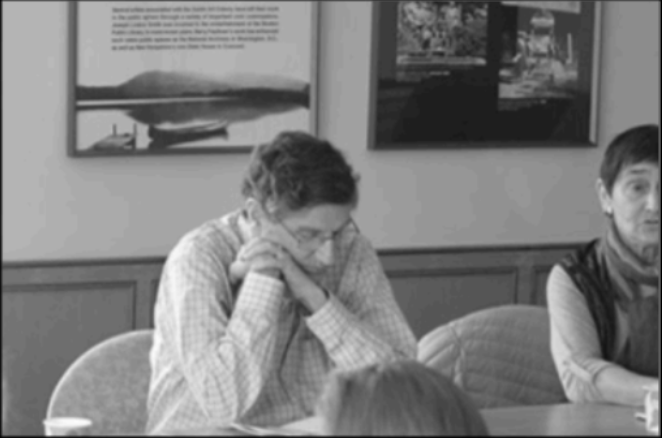American universities are world renowned for their style of education. In fact, over 600,000 foreign students are currently enrolled in U.S. colleges and universities. This is true because of a distinct style of teaching: conceptual and creative thinking. So it is understandable why someone would think this concept would fit lower education. This is especially true with new pressures on schools for higher performance, such as those from the No Child Left Behind legislation, a fed-up American public, and news reports telling of lowering US test scores. A recent issue of Time Magazine showed the U.S. sinking in science in both higher and lower education. Along with these pressures, we have seen a change in education in general. These changes are easiest to see in our math programs, with âintegrated,â or applied, mathematics. Math isnât the only thing changing. The focus of English is also changing to creative writing aspects and poetry. It is good to teach such concepts, but over-teaching them is to forget the fundamentals. There are high school students who still donât capitalize, use commas, or still write run-on sentences. I know because I am included in this number. Iâm not completely blaming schools; a lot is based on the students. Even so, I donât think students have changed all that much in recent years. There are still a similar number of students focused on their studies as in the past. Even so, test scores of these same hard working students are continuing to drop. So clearly it is not students. What has changed is what is emphasized in lower education. In math, for example, more emphasis is put on âproblem solving,â or story problems, than in the past. Thatâs not what lower math should be. Instead of just asking what 4 x 5 is, a problem asks: âFrank is growing cabbage in Alaska; the temperature is 14 degrees Celsius, if he has his plot in four rows with five plants each, then how many plants will be grown?â While application question are important for higher math, it is not necessary for a students in early education to waste time picking out information. Repetition is more important. Focusing on doing these problems over and over will make them obvious when time comes to pick them out of applied situations. This repetition should exist until middle school. Some may think it is important for schools to teach us how to apply concept early on, but that is what advanced classes are for. The same applies for all sorts of education, whether it is knowing where a comma goes or using a saw safely. If we want test scores to go up and increased preparedness of students going to college, we need to reintegrate the importance of basic educational principles, such as repetition and daily work. What is happening is that students have instruction manuals for tools they donât have. It is more important that schools give students those tools, since life will give students conceptual applications.
Categories:
Lower educationback to the basics
Jason Misra
•
March 2, 2006
Story continues below advertisement
0
Donate to The WEB
$150
$450
Contributed
Our Goal
Your donation will support the student journalists of Ames High School, and Iowa needs student journalists. Your contribution will allow us to cover our annual website hosting costs.
























